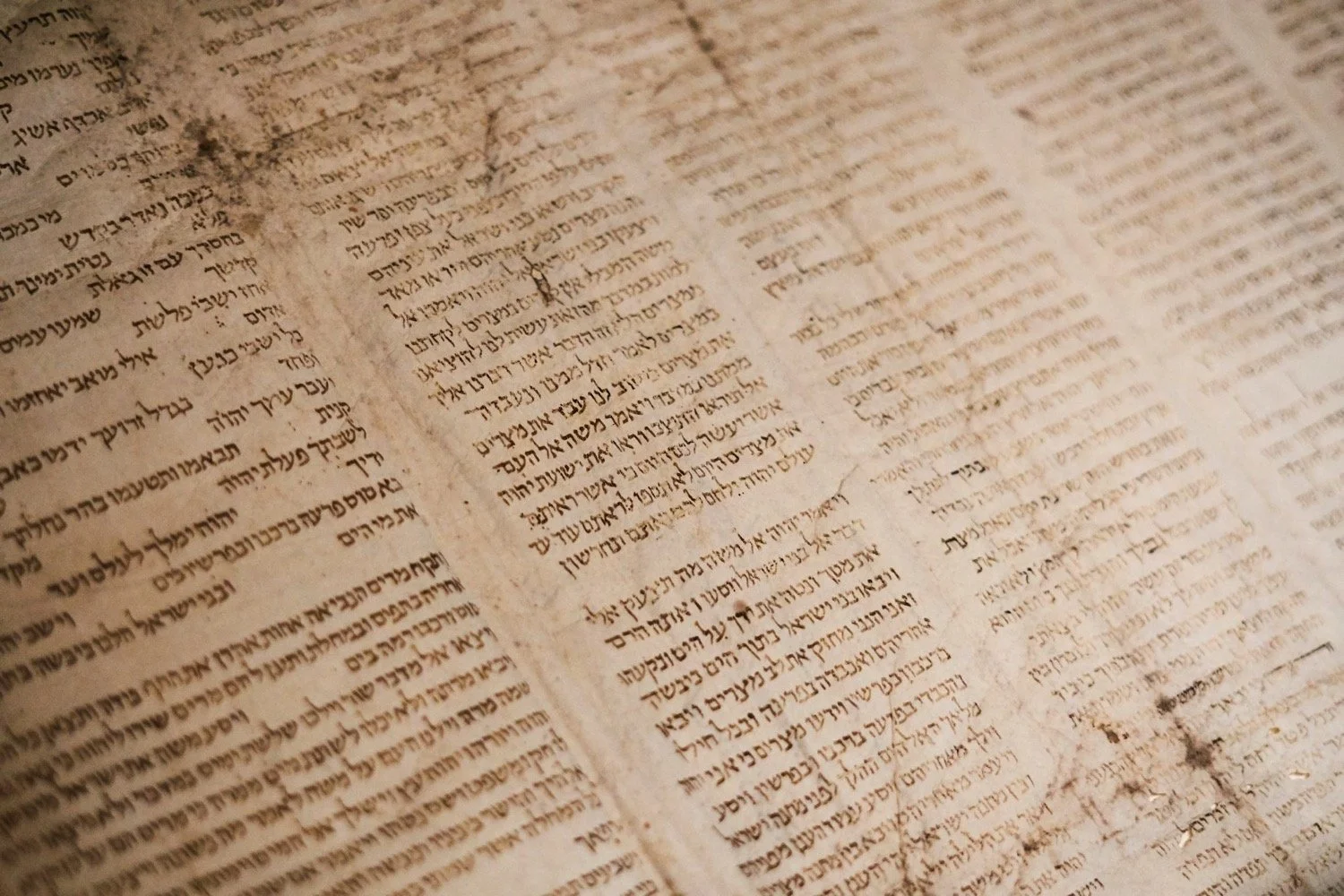Readings for today: Deuteronomy 1-3
When I was in college, I took a Women’s Studies class to fulfill a graduation requirement. It was a fascinating experience. Probably the thing I remember most is the first day when our professor walked into the room, walked up to the board, and said, “the first thing we have to do in this class is change our language. History is too often “his story” and we’re here to study “her story.” She went on to change words like “woman” to “womyn” and “human” to “humyn” in order to make the point that even the language of the human race has been dominated by men. While I thought she was being overly pedantic, I took her point and truly enjoyed the class. (I also found her to be extremely fair-minded especially when I offered some counter-points in the papers I wrote.)
As we read the first few chapters of Deuteronomy this morning, I thought about how history truly is His Story. It’s the story of God’s interactions with humanity. Relentlessly pursuing them with His love. Remaining faithful to them despite their unfaithfulness. Rescuing them from slavery and bondage. It’s why the great Jewish Rabbi, Abraham Joshua Heschel, once called the Bible the story of “God’s search for man” rather than man’s search for God, as it is in every other religion. As Moses recounts the journey Israel has undertaken to get to the plains of Moab, poised to cross the Jordan into the Promised Land, he makes it clear that only God could have brought them thus far. He pulls no punches as he lists the many ways they failed along the way. He even acknowledges his own sin which will preclude him from crossing over. He wants to make sure this next generation remembers the mistakes of their ancestors so they won’t repeat them. But even more than that, he wants them to remember God’s faithfulness. He wants them to remember God’s saving work. He wants them to remember God’s miraculous deliverance at every point along the way.
There are many who don’t believe the Exodus happened. Many who believe Israel appeared essentially out of nowhere. They cite the lack of archaeological evidence in the Sinai peninsula, ignoring the fact that the desert has a way of burying such evidence very quickly. (For example, a military jeep from the Six Days War in 1967 was recently found beneath 51 feet of sand.) They cite the lack of evidence in the Egyptian archives of the massive slave revolt as if the Egyptian pharaohs would allow such a defeat to be recorded under their watch. They cite all kinds of problems in squaring what we know of history with the conquest narratives of Scripture which admittedly can be tricky but only if you fail to take into account the fact that such narratives are not written with objectivity in mind. They are written from a theological point of view with a desire to honor God’s faithfulness to His covenant people which doesn’t mean they are any less true though they are most certainly biased. No matter what you believe about the veracity of the details of the story, without a doubt something significant must have happened. The Exodus is the seminal event in Israel’s history. It shapes them profoundly to this day. God acted in history to save His people from slavery. That much must be true. The story has too much power to not be grounded in real world events.
The same is true for our Exodus as Christians. So many people try to spiritualize the death and resurrection of Jesus. Like Thomas Jefferson famously excising the miracles out of the Bible, they do all they can to eliminate the supernatural when it comes to the life of Jesus. But a fiction would not have held up especially in those early centuries when the church was undergoing significant persecution. A fiction would not hold up under the torture and martyrdom so many men and women endured. A fiction would not have prevailed over the might of a thoroughly pagan empire like Rome. All the enemies of Christ had to do was produce a body. But they could not and therein lies the difference between the resurrection of Jesus and all the other so-called resurrection myths that exist in other cultures. Jesus was a real man who died a real death who rose again to new life, left behind an empty tomb, and appeared in the flesh to hundreds of people before ascending into heaven. This is His Story. This is our story as believers. Thanks be to God.
Readings for tomorrow: Deuteronomy 4-7
